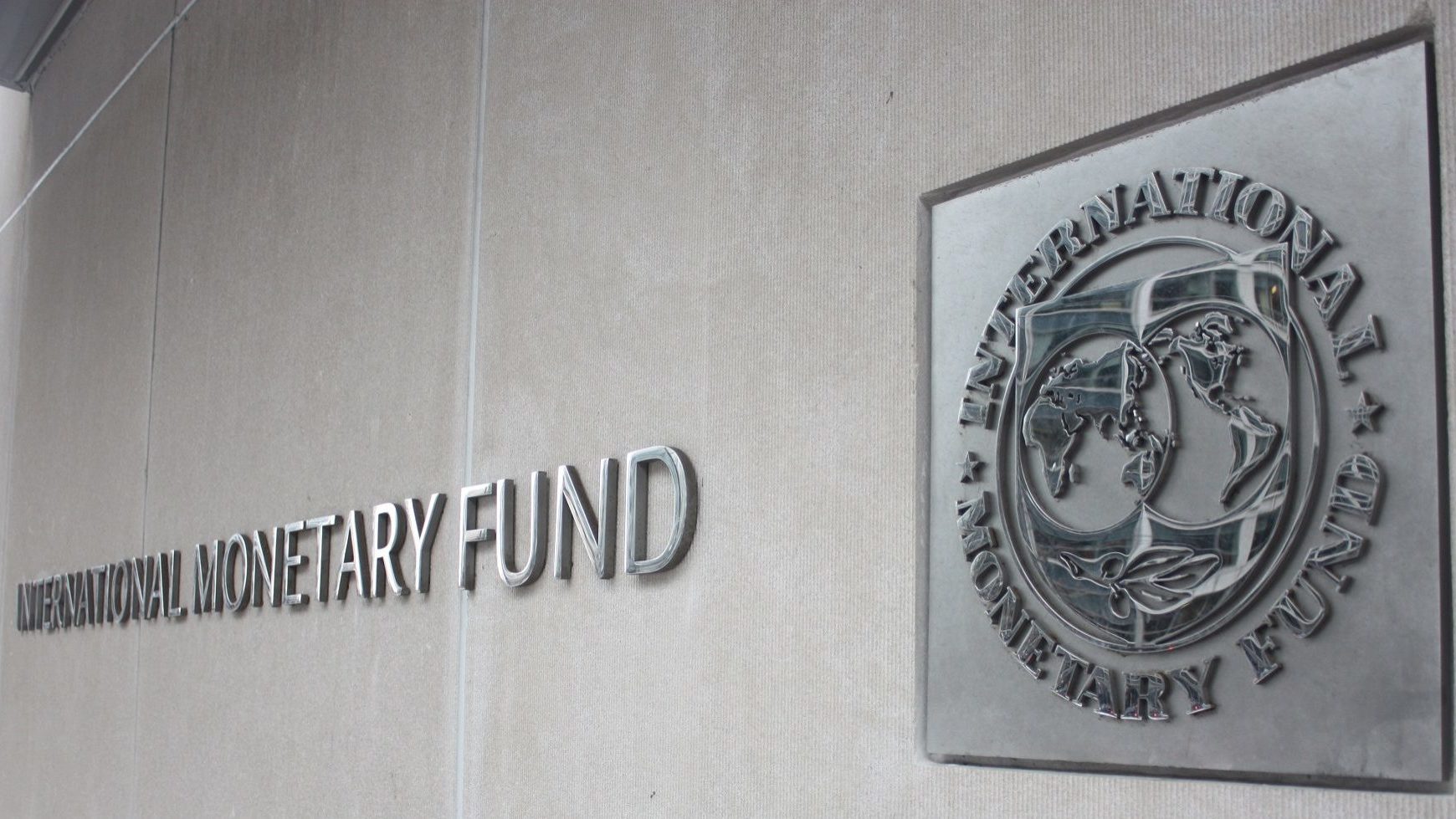Country’s deficit reaches 5.7% of GDP in 2020
The pandemic has caused a significant deterioration in Portugal’s public accounts, with the deficit rising to 5.7% of GDP last year.
Pandemic has caused an impact on public accounts in 2020. The budget surplus of 0.1% of GDP achieved in 2019 – the first in Portuguese democracy – turned in just one year into a budget deficit of 5.7% of GDP, according to the half-finalized results released on Friday by Statistics Portugal (INE).
“The 2020 half-finalized estimate reveals that the GG sector balance decreased by 11.7 billion euro when compared to the 2019 results, determining a net borrowing of 11.5 billion euro in 2020 (-5.7% of GDP),” INE reveals, specifying that “this result was due both to an expenditure increase (+7.8%) and to a revenue decrease (-5.0%).”
The deficit of 5.7% of GDP recorded in 2020 is the largest since 2014, when the country exited the Economic Adjustment Programme in May, with the deficit that year reaching 7.4% of GDP. Since 2014, the budget deficit has gradually declined to reach the 2019 budget surplus.
The statistics office estimates that the direct impact of the measures put in place to support the economy during the Covid-19 pandemic was around 2.3% of GDP, or between €4 billion and €5 billion.
For the first time since 2014, the primary balance (the global balance net of interest payments) moved to a deficit of €-5.7 billion.
The INE also informs that public debt will have risen to 133.6% of GDP in 2020, increasing by 16.8 percentage points compared to 2019 (116.8% of GDP).


